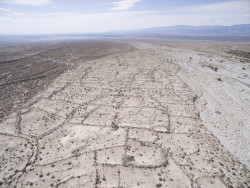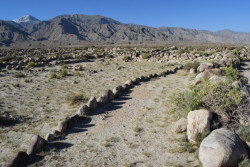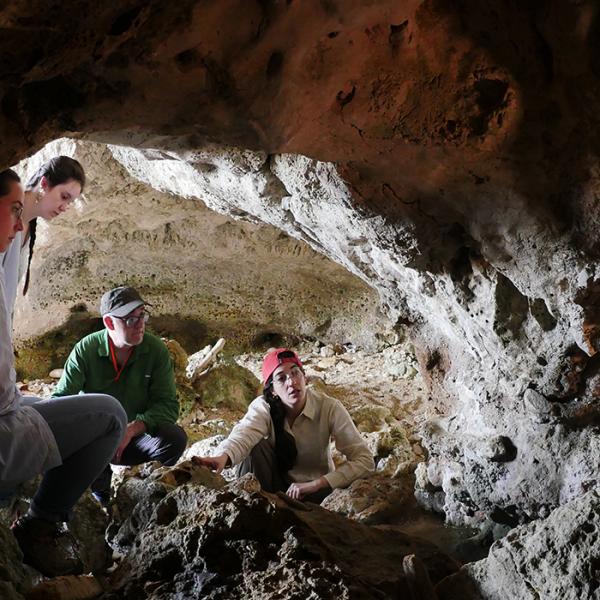Yuqi Li
 Recent research has demonstrated that ancient pastoralists in Central Asia played a critical role in the spread of agriculture. Through direct involvement in agricultural production and networked interactions, Central Asian pastoralists facilitated the translocation of wheat, millet, and many other crops across Eurasia. However, the technical basis that enabled these pastoralists to successfully cultivate crops in the harsh environment of Central Asia is rarely explored. How ancient pastoralists managed to irrigate water-intensive crops, such as wheat, in some hyper-arid parts of Central Asia is still poorly known. In my dissertation, I therefore choose to focus on water management in the context of Central Asian pastoralist societies.
Recent research has demonstrated that ancient pastoralists in Central Asia played a critical role in the spread of agriculture. Through direct involvement in agricultural production and networked interactions, Central Asian pastoralists facilitated the translocation of wheat, millet, and many other crops across Eurasia. However, the technical basis that enabled these pastoralists to successfully cultivate crops in the harsh environment of Central Asia is rarely explored. How ancient pastoralists managed to irrigate water-intensive crops, such as wheat, in some hyper-arid parts of Central Asia is still poorly known. In my dissertation, I therefore choose to focus on water management in the context of Central Asian pastoralist societies.
 My field work focuses on the Mohuchahangoukou (MGK) site (ca. 200-400 AD) in Xinjiang, China. Located on an alluvial fan at the southern foothills of the Tian Shan Mountains, MGK contains a well-preserved hydraulic system devoted to irrigated agriculture. Multiple lines of evidence, including local ecology, faunal remains, and ethnographic analogy led me to conclude that ancient pastoralist built this system. In my investigation of this site, I combine the strength of pedestrian surveys, UAV-based aerial surveys, test excavations, sediment analysis, macrobotanical identification, and hydraulic modeling to reconstruct the function of its water management system. On the basis of technical analysis, I also discuss the water ideology behind the construction of this system. Overall, this dissertation sheds fresh light on the spread of water management technology and agropastoralism in Eurasia, and contrasting water ideologies of small-scale pastoralist communities and state societies in ancient Central Asia.
My field work focuses on the Mohuchahangoukou (MGK) site (ca. 200-400 AD) in Xinjiang, China. Located on an alluvial fan at the southern foothills of the Tian Shan Mountains, MGK contains a well-preserved hydraulic system devoted to irrigated agriculture. Multiple lines of evidence, including local ecology, faunal remains, and ethnographic analogy led me to conclude that ancient pastoralist built this system. In my investigation of this site, I combine the strength of pedestrian surveys, UAV-based aerial surveys, test excavations, sediment analysis, macrobotanical identification, and hydraulic modeling to reconstruct the function of its water management system. On the basis of technical analysis, I also discuss the water ideology behind the construction of this system. Overall, this dissertation sheds fresh light on the spread of water management technology and agropastoralism in Eurasia, and contrasting water ideologies of small-scale pastoralist communities and state societies in ancient Central Asia.


